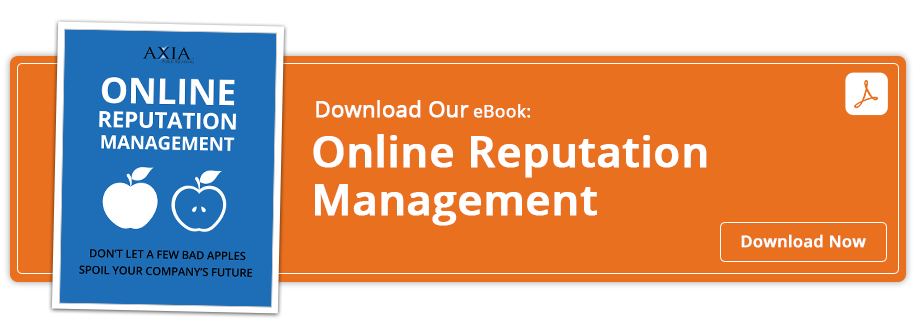3 important requirements that you must meet to have a Wiki page

In the effort to promote your company and build your brand, it’s vital to use every tool at your disposal. You may have noticed that many companies are achieving online success and recognition from Wikipedia, and you may wonder why your company isn’t listed. Perhaps more importantly, should it be?
Not too long ago, Wikipedia had a questionable reputation and often contained many factual errors. The reliability and trustworthiness of the site has improved significantly. Now, Wikipedia for business has become an effective part of marketing, branding and converting customers.
However, getting your company listed on the site isn’t as easy as you might think. With help from a quality PR firm, you can learn how to take advantage of this site and use it as part of your overall outreach strategy.
Why is Wikipedia important?
- Wikipedia is the sixth most-visited website in the world.
- Articles on Wikipedia rank on the first page in searches 99% of the time.
- With more than 5 million articles and counting, Wikipedia has a major impact on companies and their reputations.
- Wikipedia gets more visitors than both LinkedIn and Twitter.
- While scholarly circles and educators don’t recommend relying exclusively on the site for research, it’s a good starting point for inquiry and study on numerous topics. In other words, in many cases, it’s where people begin to learn about your company.
- Having quality, linked references in a Wikipedia article can positively contribute to your organization’s credibility.
Is it possible to create your own Wikipedia page for your company (and should you)?
Many people think that anyone can add and edit information on Wikipedia. On the contrary, the site has numerous requirements you must meet, and moderators delete any pages or articles that don’t meet its complex criteria. Among those that are most important:
1. Notability
Wikipedia doesn’t accept self-promotion, opinion and advertising. If you attempt to do this, you’ll receive a warning about spam content, and if you continue, the site might ban you. All information must receive verification through independent sources. Published news articles in a variety of outlets and locations are good examples of sources Wiki will accept. This is what makes it difficult for smaller, lesser-known companies to develop a presence on the site.
2. Creation of valuable content
While your company may not be notable enough to get its own full page, like Chuck E. Cheese or Verizon, you might be able to get links on the site. In addition to news articles, you can use your blog or posts based on “citation-needed” entries to help you build these links that Wiki won’t flag and remove.
3. Honesty
Wikipedia insists that its editors are volunteers. If you do have some sort of connection to the topic or company, you must disclose that information. Therefore, if you’re paying someone to contribute information, it can harm your chances of having your content published. This includes PR firms, company employees and consultants. Wikipedia values honesty and objectivity. If your company has received some sort of negative publicity, whether that be a recall or scandal, it is important that you preemptively add this information to your article before an outside editor or contributor does.
If you want your company on Wikipedia, here are some vital factors to keep in mind:
- Since anyone can change your profile, you must monitor it constantly. This is not something you should leave to chance, amateurs or your competition.
- You should write your copy on Wikipedia differently than other PR and marketing content. The article on the site should read more like an encyclopedia entry than a brochure or press release, which may prove challenging if you don’t know how to do this.
- You should hire a PR agency to help you. Although you shouldn’t have a PR firm write your Wikipedia profile for you, we can help you develop your messages and attract media and customer attention in many ways. Let the experts at Axia Public Relations position your company to be part of the conversation, gain recognition and get results. To learn more, contact us today or download our complimentary e-book “Online Reputation Management.”
 Clients love Lisa’s engaging writing and PR experience. She specializes in business and technology PR. Lisa has worked with Axia since December 2013. Learn more about Lisa.
Clients love Lisa’s engaging writing and PR experience. She specializes in business and technology PR. Lisa has worked with Axia since December 2013. Learn more about Lisa.
Featured image credit: 123rf.com
Topics: public relations, PR tips, online public relations, shared media, Wikipedia


Comment on This Article